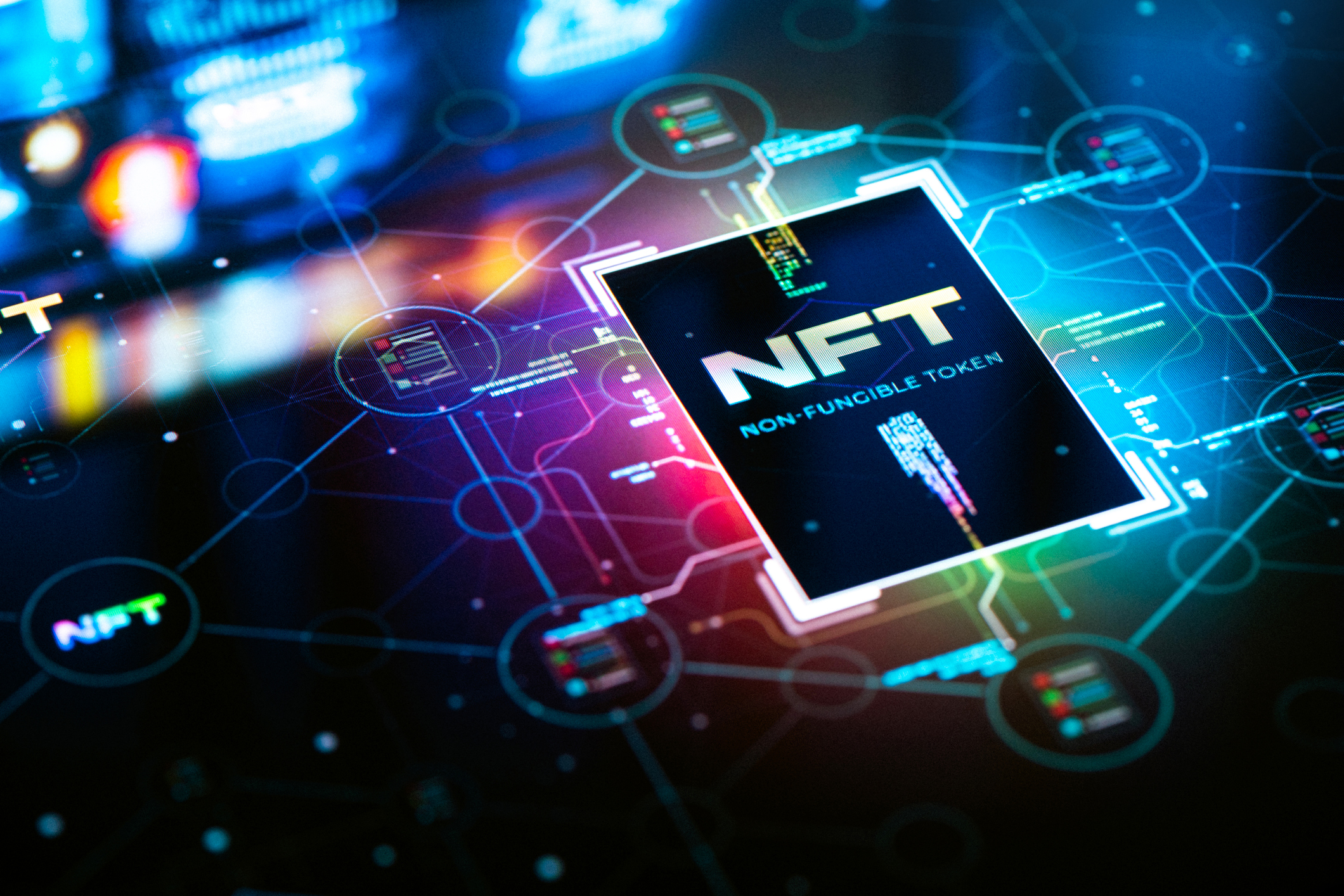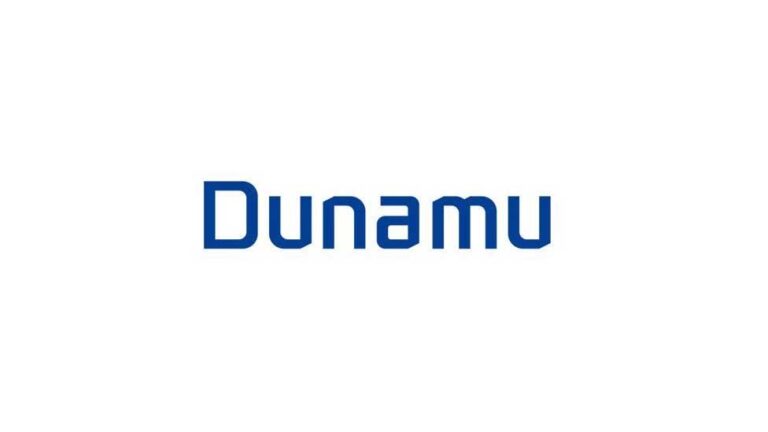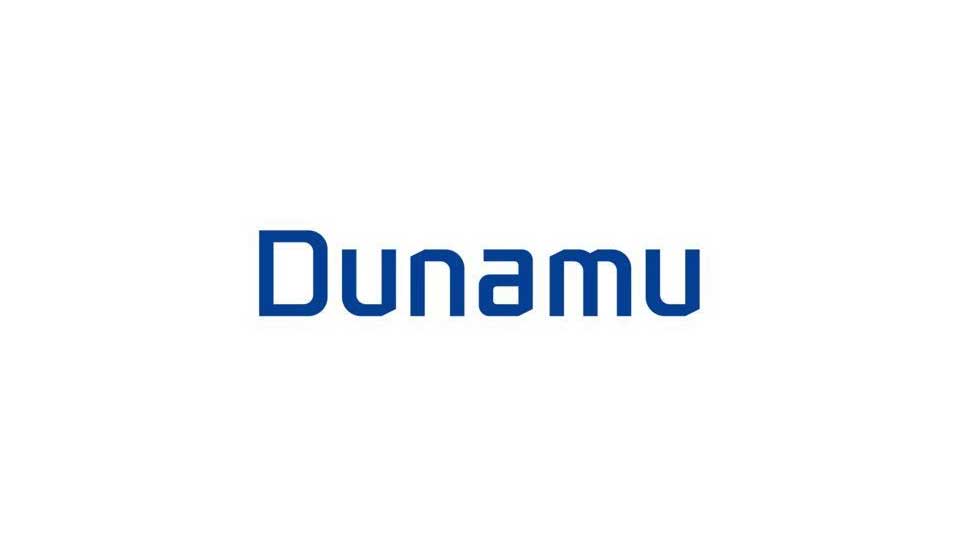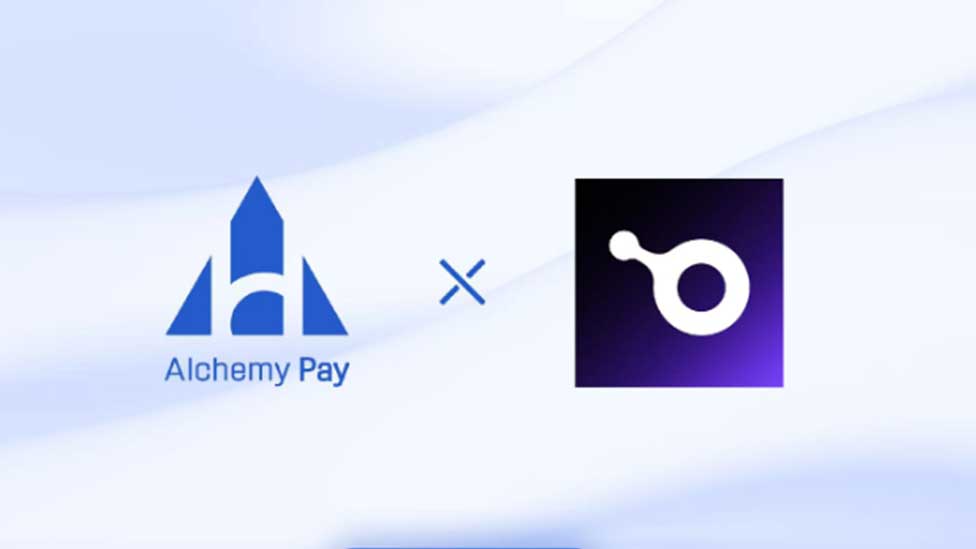NFTs are the current wave. Virtually every tech-savvy person has heard about the picture NFTs that are raking in millions of dollars. Last year, Beeple’s “EveryDays” NFT was sold for a whopping 69 million dollars. This NFT wave has spread to the Middle East. Many Middle Eastern artists have subscribed to the NFT wave, and it has proved profitable. Like the artists, Middle Eastern companies are expanding their operations to NFTs. For example, in 2021, the Middle East’s first online art exhibition was conducted. Also, Nestle recently released its first set of NFTs in the Middle East.
Given the rise of NFTs, Middle Eastern governments have been making moves to get into the NFT ecosystem. For example, Dubai recently passed a law to regulate NFTs and cryptocurrencies. Abu Dhabi has sought to join the bandwagon. On March 21, 2022, the Abu Dhabi Global Market released a consultation paper recommending the regulation of NFTs and other virtual assets. The Abu Dhabi Global Market is a free zone located in the Abu Dhabi Emirate.
What the Paper Says
The recently released consultation paper recognises the relevance of NFTs in the digital asset market. However, it states that the FRSA (Financial Services Regulatory Authority) is not recommending a formal regulatory framework for NFTs. The paper goes further to state that companies that already operate in the ADGM are allowed to expand their operations to NFT trading. Such companies include Multilateral Trading Facilities (MTFs) and virtual asset custodians.
In addition, the paper provides that companies that engage in NFT trading will be expected to comply with AM rules. AML (Anti-Money Laundering) rules are provisions that prevent the use of technological operations to carry out money laundering activities. Since many NFT traders are anonymous, these laws are needed to reduce the occurrence of financial crimes. For companies that comply with these rules, there is a requirement that they are registered with the FRSA. According to the paper, the registration will classify such companies as Designated Non-Financial Businesses.
Possible Effects and Risks of the Recommendations
Like many other laws in the technology space, the effects can be wide. However, should the paper’s recommendations be adopted, there will be legal certainty. This is important, as NFTs are gradually becoming more relevant in the UAE’s tech ecosystem. Also, this legal certainty will increase the profitability of works created by Middle Eastern artists.
However, despite this benefit, there are risks. The primary risk is that the paper states that the FRSA does not recommend a formal regulatory framework for NFTs. This is a risk, as there are some grey areas with the use of NFTs. One of such areas is the intellectual property rights of artists. Without a regulatory framework, these issues cannot be addressed.
Conclusion
Countries seeking to regulate NFTs are simply trying to explore opportunities through which their citizens can benefit. More legal issues will arise as the NFT rave continues to get bigger. This is why Abu Dhabi needs to sharpen its NFT laws.
















